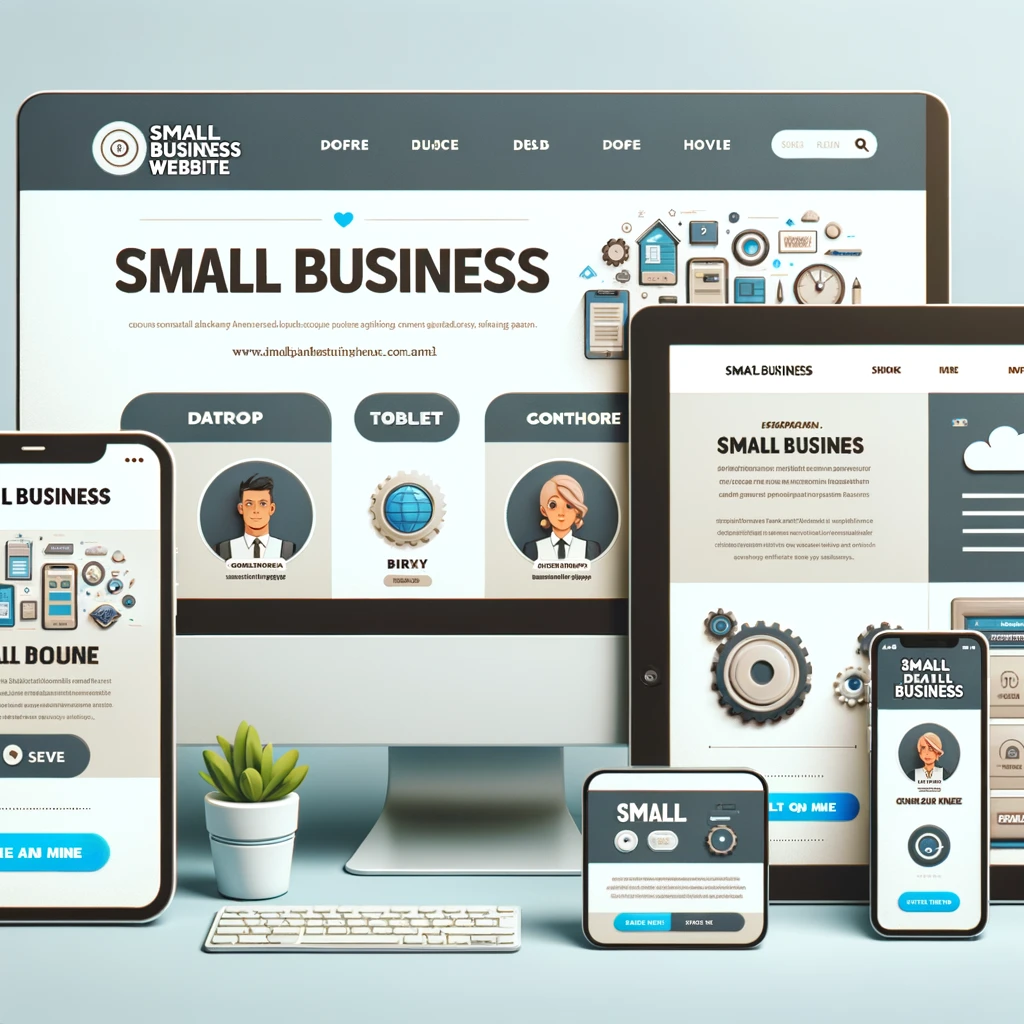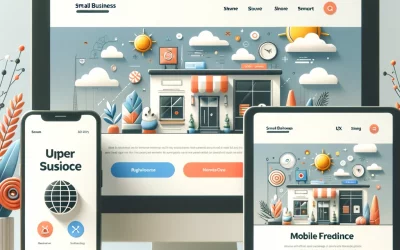Building a successful small business website is crucial in today’s digital age. A well-designed website can enhance your brand’s credibility, attract more customers, and drive sales. Here are the top 10 essential elements that every successful small business website should have:
1. Clear Navigation
Navigation should be intuitive. Users should find what they need without effort. A simple menu structure is key, typically including essential pages like Home, About, Services, Contact, and Blog. Use clear labels and organize your menu logically to enhance user experience. Learn more about navigation usability.
2. Responsive Design
Ensure your website is mobile-friendly. With the increasing number of users accessing websites from mobile devices, a responsive design is critical. Responsive design adjusts the layout of your website to fit different screen sizes, ensuring a seamless experience across all devices. Use flexible grids, layouts, and media queries to achieve this. Google’s guide to responsive web design.
3. Contact Information
Make it easy for visitors to contact you. Include your phone number, email, and physical address prominently on your site. A dedicated contact page with a form can also be very effective. Ensure your contact information is consistent across all pages to build trust and credibility.
4. About Us Page
Tell your story. An engaging About Us page can build trust and connect with your audience. Include your business history, mission, vision, and team members. Personalize it with photos and stories to create a more relatable connection with your visitors.
5. High-Quality Content
Content is king. Provide valuable, informative, and engaging content to keep visitors coming back. Regularly update your blog with articles relevant to your industry, answer common questions, and provide solutions to your customers’ problems. High-quality content helps improve SEO and establishes your authority in your field. Check out Copyblogger’s guide to content marketing.
6. Call to Action (CTA)
Guide your visitors on what to do next. Use clear and compelling CTAs to encourage actions like contacting you, subscribing to your newsletter, or making a purchase. Effective CTAs are action-oriented, use persuasive language, and are strategically placed on your pages to guide users through the customer journey.
7. SEO Optimization
Optimize your site for search engines. Use relevant keywords in your content, meta descriptions, alt tags, and headers. Ensure your site loads quickly, has clean code, and is structured properly. Regularly update your site with fresh content and use backlinks to improve your search engine ranking. Moz’s Beginner’s Guide to SEO is a great resource.
8. Social Media Integration
Link your social media profiles to your website. This can help drive traffic and increase engagement. Include social media buttons on your pages, and consider embedding social media feeds to keep your content dynamic and engaging.
9. Customer Testimonials
Showcase reviews and testimonials. Positive feedback from satisfied customers can boost your credibility. Include testimonials on your homepage and relevant service pages to build trust with potential customers.
10. Analytics
Use tools like Google Analytics to track your website’s performance. This data can help you make informed decisions to improve your site. Monitor metrics like traffic sources, user behavior, and conversion rates to optimize your website continuously.
By incorporating these elements, you can create a professional and effective website that helps your small business thrive online. For more tips on building a successful website, visit the Outdriver homepage.





0 comentarios